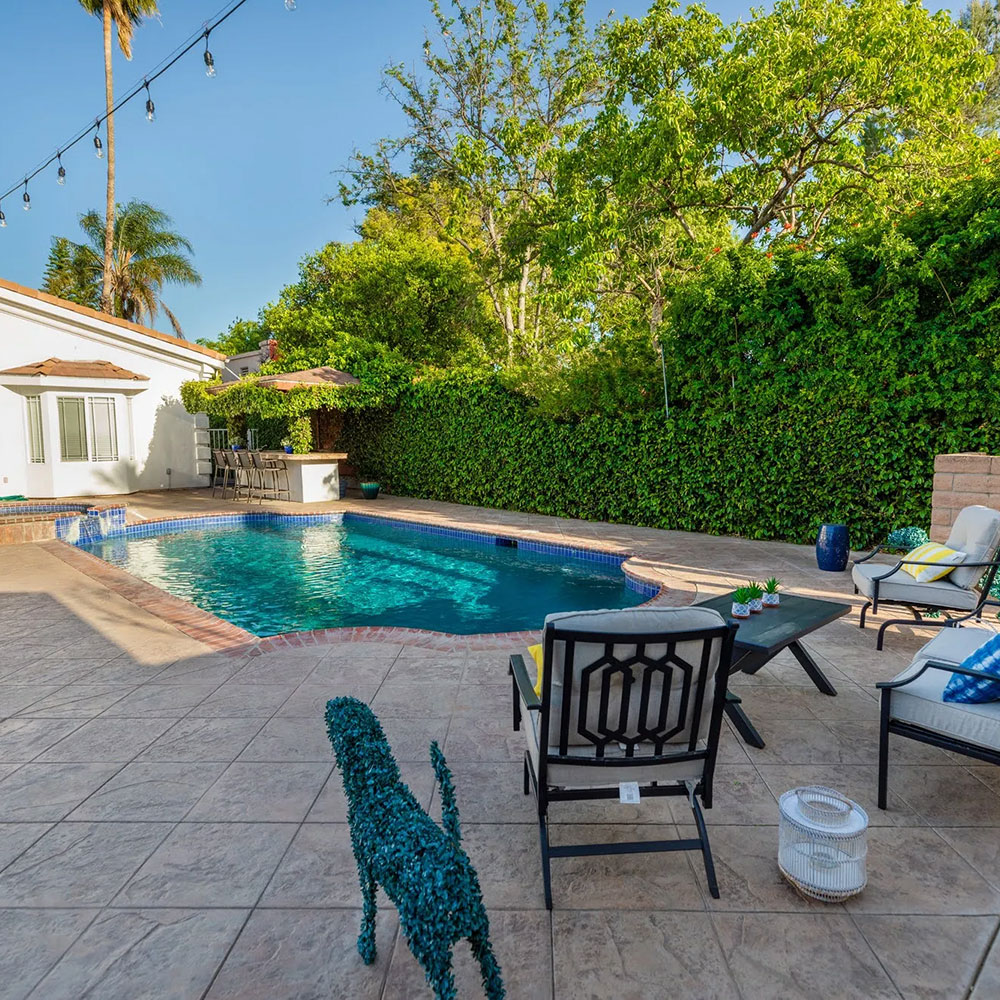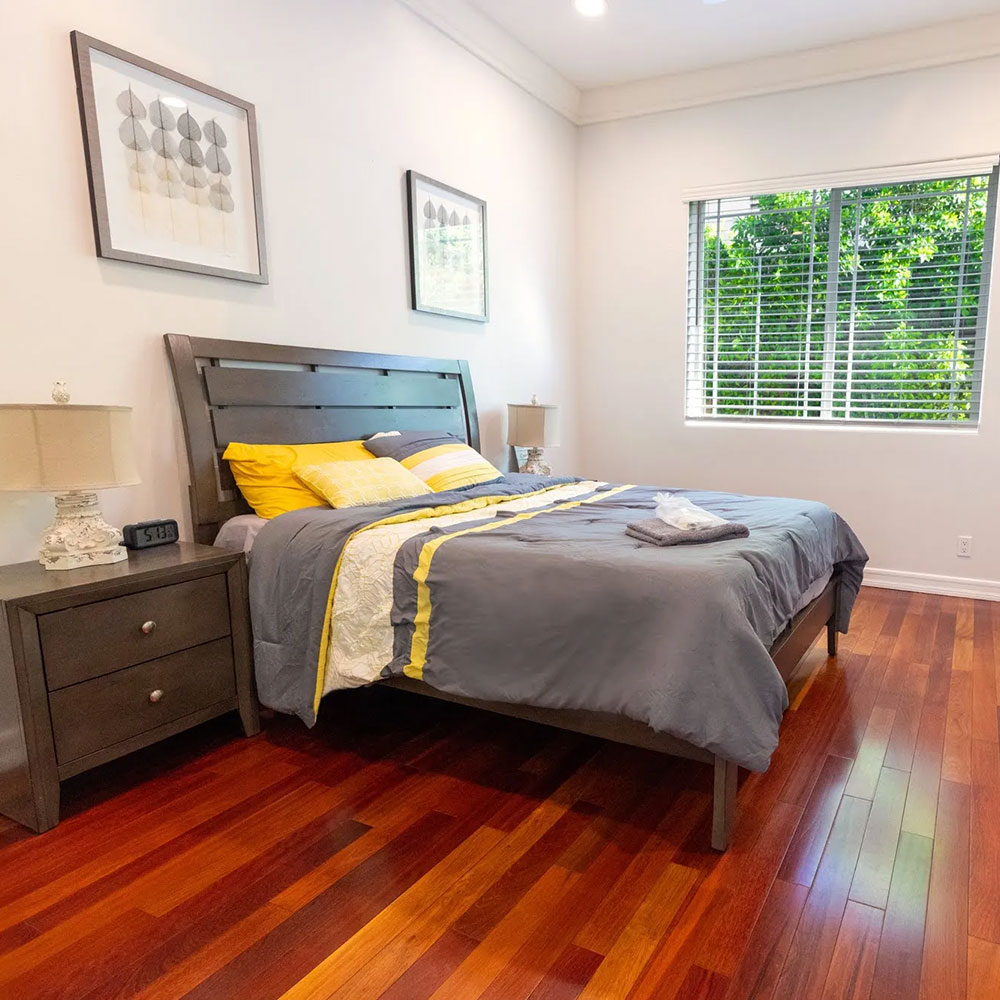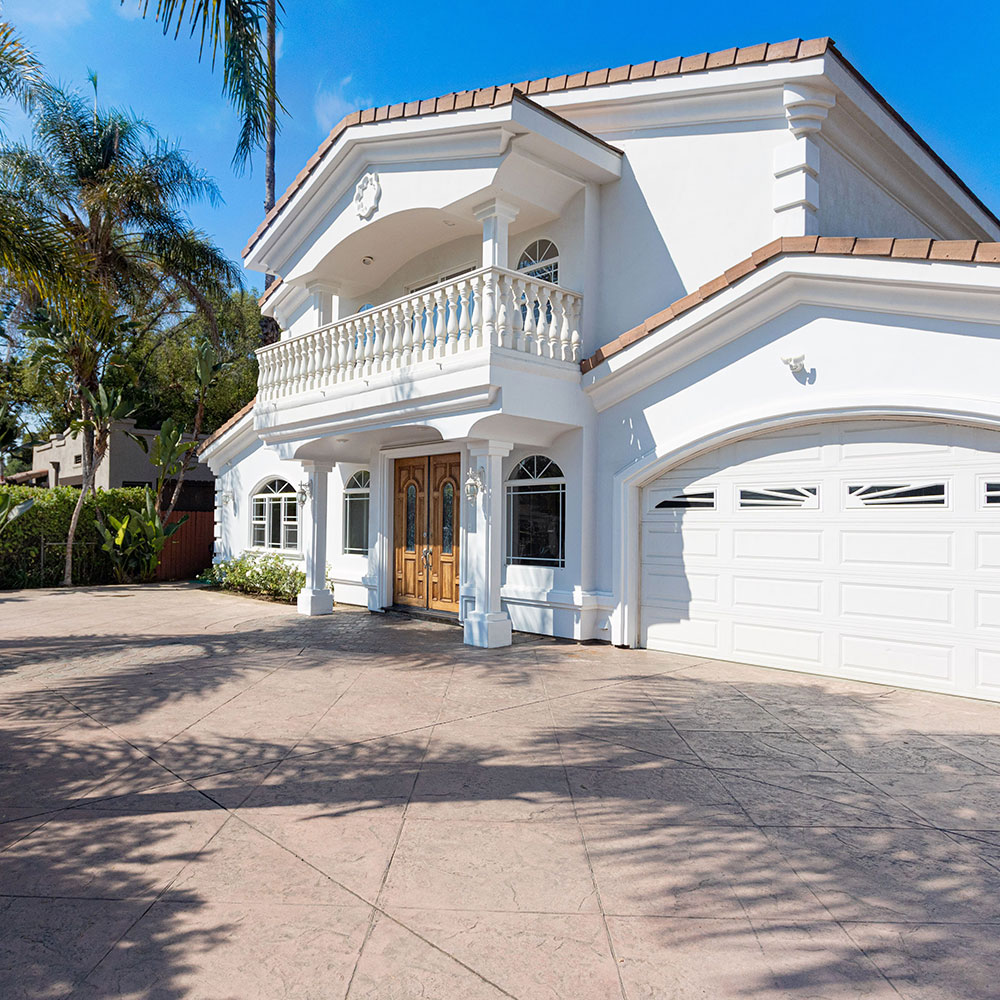The good news is that it’s perfectly treatable. However, the hardest part may be the seemingly simple task of asking for help, but we at Spark to Recovery want to assure you there is nothing to be afraid of.
You can be assured of a safe and supportive environment while receiving the best medical treatment and therapy you need to get your life back on track. Our comprehensive panel of medical professionals ensures every aspect of your addiction is addressed and treated.
While there are multiple effective approaches to addiction, such as inpatient and outpatient treatment, our residential addiction treatment in Los Angeles has the greatest chances for a successful recovery process. Drug addiction treatment has come a long way,and today’s residential treatment programs treat both substance abuse and the underlying drivers of addiction.

Residential Treatment in Los Angeles: Personalized Care
Full-service residential addiction treatment centers allow patients to engage in a series of evidence-based therapies on-site. Offered comfort and privacy from the outside world, patients can fully focus on themselves and recover in a safe space.
Doctors and therapists are on hand around the clock to provide the necessary support. This includes a series of recreational, therapeutic, and educational activities aimed at promoting the development of healthy coping mechanisms and encouraging fellowship between patients.
What is Residential Treatment?
In contrast with short-term programs and outpatient treatment, our residential treatment in Los Angeles goes one step further, steeping patients in an environment conducive to healing. The reason shorter programs are often unsuccessful is that they fail to address the more profound issues at the heart of addiction. At Spark To Recovery, we aim to change that through the compassionate and goal-oriented approach we take in our residential treatment.
Patients can come to terms with the root of the problem and understand the unhealthy behaviors that lead to substance abuse. The focus is on awareness, respect, and honesty. Recovery is about breaking through the cycle of unhealthy behavior, and to this end, patients will be guided to form healthy coping mechanisms and regain a sense of peace in their lives.

Residential Treatment in Los Angeles: Transformative Benefits
- Not having your drug of choice immediately available, allows you to focus on YOU.
- Away from peer pressure.
- Away from the stress of work, or equally difficult, the stress of unemployment.
- Away from toxic relationships.
- Away from toxic environments.
- Away from the often negative influence of family or romantic relationships.
- Time to focus entirely on yourself, with no outside distractions.
- The benefit of having fellow addicts around to relate to.
- The benefit of the community and realizing you are not alone in your battle.
- The benefit of receiving constructive criticism for behavior from peers and therapists.
- A structured day that maximizes the effectiveness of the healing process.
- Education, counseling, and therapy are part of your everyday routine.
- Nutritious meals help get your body back in healthy order.
- Patients learn how to socialize, work, and live with a sober mind again.
- Some addicts forget how to do this with long-term use.
- Patients find they can laugh and smile with fellow addicts on their journey to recovery. No drugs are needed. These simple pleasures encourage addicts to stay on the road to recovery.

When Do You Need Residential Treatment?
Whether you’re concerned about a forming addiction or one that’s been around for years, here are some simple questions to ask yourself or a loved one you’re worried about to see if residential inpatient rehab is the best next step.
- Have you participated in a short-term rehabilitation program only to return to your old habits?
- Do you know the root cause of your addiction?
- Has your addiction impacted your relationships negatively?
- Are you surrounded by people who encourage your substance abuse?
- Has your performance at school or work suffered due to drug or alcohol abuse?
- Does your focus stay on drugs or alcohol instead of other responsibilities?
If you answered yes to any of these, we encourage you to reach out to the Spark To Recovery team to discuss your options in a confidential consultation.
Residential treatment provides the environment many patients need to start on the path to change. This is one reason for its high rate of success.
What To Expect in Our Residential Treatment Program
Our residential treatment in Los Angeles takes place in a tranquil location where you can be assured of peace and privacy. Here’s what you can expect:
- Nutritious meals that can be catered to any dietary requirement
- Semiprivate rooms
- Lounge areas where patients can interact
- Physical health and wellness programs and equipment
- Personal time for you to reflect and unwind
- A range of recreational, educational, and therapeutic activities including art, movement, Yoga, and more
- Luxury amenities are meant to make you as comfortable as possible during recovery. At our treatment center, you’ll engage in both individual and group therapy sessions to learn more about what led you to addiction and how others have overcome similar challenges.

Why Choose Spark To Recovery?
Going with a trusted treatment facility that puts patients first, keeps treatment costs affordable, and prioritizes long-term success over instant numbers is how you get a head start on your road to recovery. Addiction is a lifelong disorder requiring proper education, therapy, and aftercare support to successfully stay ahead of it over the years.
At Spark To Recovery, we provide the ideal environment you need for healing. All you have to do is take the first step and reach out to us. Our modern residential treatment facilities provide peace, privacy, exclusivity, and security that are essential to recovery. Our round-the-clock team of experts is always available for support.
Start your road to recovery today through residential treatment at Spark To Recovery. You are welcome to schedule a private consultation with us today!
Residential Treatment FAQs
What Is the Difference Between Inpatient and Outpatient Treatment?
Addiction treatment typically comes with two different options. Inpatient treatment is where a patient stays in a facility for an extended period to not only detox physically from alcohol or drugs, but to start therapy and group therapy as well. Some addicts need to relearn how to live in society again.
How Long is Residential Treatment Typically?
Residential Treatment programs typically last 30 days. Long-term programs may last 60–90 days to help people recover from drug and alcohol addiction. We encourage patients to stay as long as possible. The longer, the better, if you want the best chance at achieving and maintaining recovery.